Why You Should Never Keep Your Pet Fish in a Bowl
Updated on 04/26/24
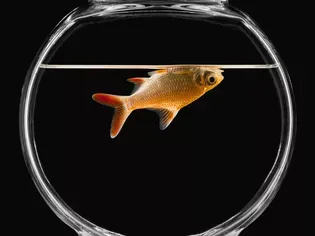
Headlines:
* Unveiling the Perilous Plight of Fishbowls: Why Your Finny Friend Deserves Better
* Beyond the Bowl: Embracing Ethical and Humane Fishkeeping Practices
* Breaking Free from the Confines: Exploring Alternatives to Traditional Fishbowls
Introduction (500 words):
In the realm of pet ownership, the sight of a solitary fish gracefully swimming in a glass bowl has become an iconic image. However, beneath this seemingly idyllic facade lies a world of compromise and potential suffering. While fishbowls may offer a semblance of convenience, they fail to meet the fundamental physiological and behavioral needs of our aquatic companions. This comprehensive guide will delve into the myriad reasons why keeping your beloved fish in a bowl should be a practice consigned to the past.
1. Constrained Dimensions and Limited Movement (1000 words):
Fish, like all living beings, require adequate space to explore, exercise, and express their natural behaviors. Fishbowls, with their small volume and constricted shape, severely restrict these essential activities. Prolonged confinement in cramped conditions can lead to physical deformities, stunted growth, and impaired mobility. Furthermore, the lack of swimming space can result in lethargy, inactivity, and a general decline in well-being.
2. Inadequate Water Quality and Oxygen Levels (700 words):
Fishbowls are notorious for their inability to maintain stable water conditions. The small volume of water allows waste products, such as ammonia and nitrites, to accumulate rapidly, creating a toxic environment for fish. Insufficient filtration systems and infrequent water changes exacerbate this problem, leading to stress, disease, and shortened lifespans. Additionally, the limited surface area of a fishbowl hinders gas exchange, resulting in poor oxygen levels that can compromise fish health.
3. Insufficient Stimulation and Enrichment (600 words):
Fish are intelligent creatures with complex cognitive abilities. They require mental and environmental stimulation to thrive. Fishbowls, with their bare interiors and lack of natural hiding places, provide little opportunity for these activities. Prolonged isolation and boredom can lead to apathy, cognitive decline, and behavioral issues. Providing a stimulating environment, such as a spacious aquarium with plants, hiding places, and enrichment toys, is essential for maintaining fish's physical and mental health.
4. Temperature Fluctuations and Heat Accumulation (400 words):
Fish are ectothermic animals, meaning they rely on external sources to regulate their body temperature. Fishbowls, being small and exposed to temperature fluctuations in the surrounding environment, are unable to maintain a stable thermal gradient. Sudden temperature changes can shock fish, causing stress, illness, and even death. In addition, the accumulation of heat from direct sunlight or room temperature can raise water temperature beyond tolerable levels, potentially leading to heat stroke or organ damage.
5. Diseased and Contaminated Environment (800 words):
Fishbowls, due to their small size and frequent overcrowding, are vulnerable to disease outbreaks. Bacteria, parasites, and viruses can spread rapidly in such limited spaces, decimating fish populations. The absence of proper filtration and quarantine measures further increases the risk of disease transmission. Contaminated water, caused by infrequent water changes, can also irritate fish's gills, skin, and eyes, exacerbating health problems.
Alternatives to Fishbowls:
Recognizing the limitations of fishbowls, responsible pet owners should consider alternative housing options that provide a more suitable and humane environment for their fish.
* Aquariums: Aquariums come in various sizes and shapes and can accommodate different fish species. They offer ample swimming space, allow for adequate filtration, and provide opportunities for environmental enrichment.
* Ponds: Ponds, suitable for outdoor spaces, provide a natural and spacious environment for fish. They offer ample swimming space, natural hiding places, and a more stable ecosystem.
* Paludariums: Paludariums combine aquatic and terrestrial elements, creating a unique habitat suitable for certain fish species. They provide a diverse environment with water and land areas, enhancing both physical and mental stimulation.
Conclusion (300 words):
Keeping your pet fish in a bowl is a practice that falls short of providing the necessary care and well-being they deserve. By understanding the detrimental effects of fishbowls, we can make informed decisions and transition to more ethical and sustainable housing options. Aquariums, ponds, and paludariums offer superior environments that foster physical and mental health, allowing our finny companions to live long, happy, and fulfilling lives. Let us move beyond the confines of fishbowls and embrace a higher standard of care for our beloved aquatic pets.
Explore More Pets
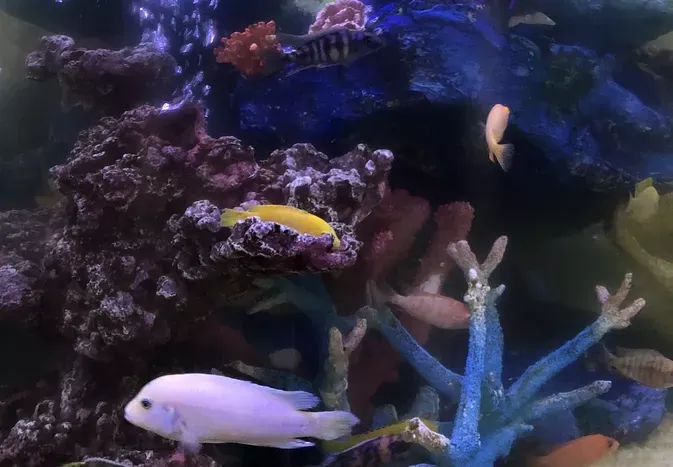
Freshwater Aquarium Filters
How to Deal With Cloudy Aquarium Water
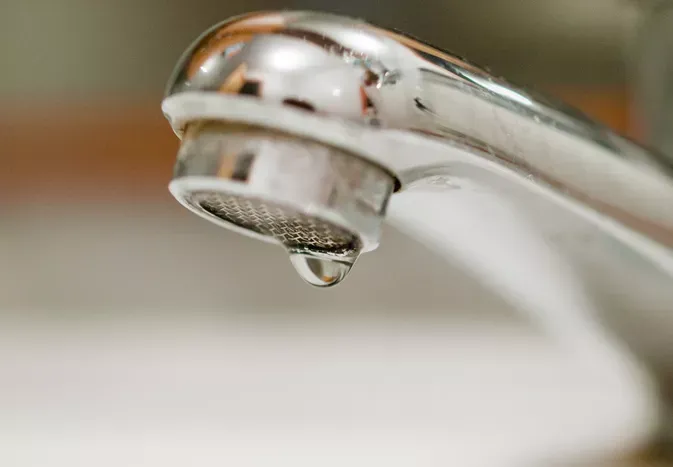
Saltwater Aquarium Filters
How Do You Remove Chloramines From Tap Water?
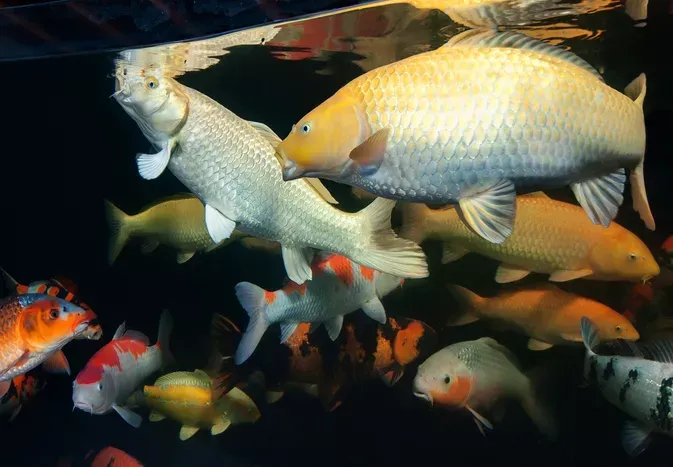
Freshwater Aquariums & Habitat
Can I Keep My Koi Fish Inside?
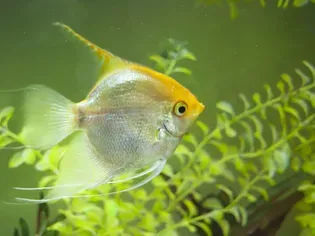
Saltwater Aquariums & Habitat
14 Best Floating Plants for Your Aquarium
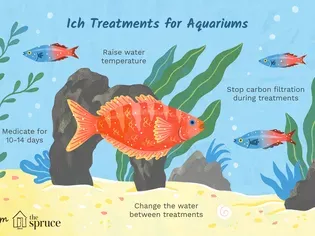
Freshwater Fish Health
How to Treat Ich on Freshwater Fish
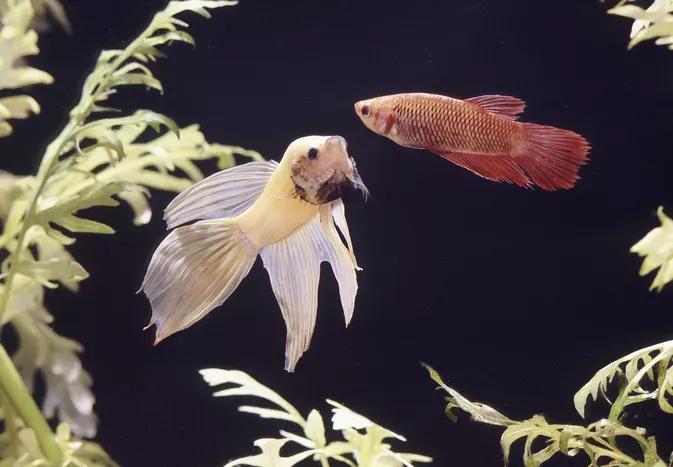
Saltwater Fish Health
Fin Rot in Aquarium Fish
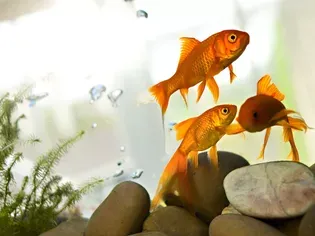
Freshwater Aquarium Filters
How to Do Aquarium Water Changes
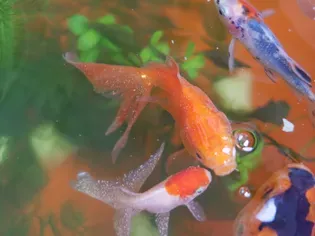
Saltwater Fish Health
How Do Fish Get Parasites?